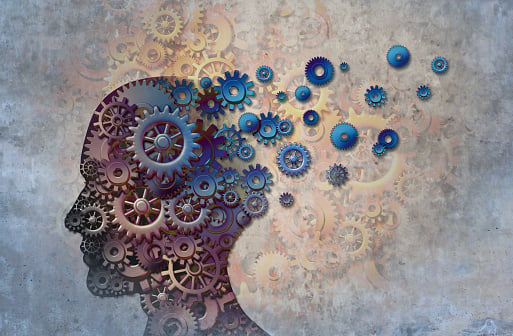If you’re like most of us, chances are you’ve done a little research on how to keep your brain healthy and some of the common cognitive afflictions that can occur as we age. Or maybe you’ve heard a friend or family proclaim that because his father had Alzheimer’s disease, he should be in the clear because the disease skips a generation. That’s a lot to digest — whether you’ve read research, the news or just talked to friends.
To provide some clarity, here are some brain health myths that are just myths.
Myth No. 1: Alzheimer’s skips a generation
While there is a genetic component to Alzheimer’s, there is no proof the disease skips a generation. Researchers have found there is no specific gene that causes late-onset Alzheimer’s — the most common form of the disease. However, if you have a form of a specific gene on chromosome 19, your risk increases. A blood test can tell you if you have this specific gene, but there is no way to predict whether you will develop the disease.
Myth No. 2: Supplements can help protect your brain health
These days, there seems to be a supplement for every ailment — memory loss and decreased cognitive function included. Supplements like gingko biloba, fish oil and other herbs have been touted as being beneficial to your brain. But can popping a few extra pills with your lunch really help keep your brain sharp?
Doctors at Harvard Health say there’s little, if any, evidence to support claims these vitamins and supplements do anything to protect or improve brain health. Of the supplements available, doctors say the only one that could help improve cognitive function among those with dementia is high doses of vitamin E. However, taking high doses of vitamin E can be dangerous for those with cardiovascular disease or risk factors for it. It also may raise your risk of prostate cancer.
What should you do instead? Doctors advise eating a healthy Mediterranean-style diet and getting regular exercise.
Myth No. 3: Your cognitive health is just your memory
Though memory is the most widely discussed part of brain health, your cognitive health actually encompasses a variety of functions like decision-making, attention and problem-solving abilities. It also includes how well you can make and control movements, how you interpret and respond to emotions and how you feel and respond to sensations like touch or pressure.
Protecting your cognitive health and deciphering the changes that come with aging can feel overwhelming. Remembering what is just popular myths versus reality can help you remember where to focus. If you have questions about your cognitive health, be sure to talk to your physician.














